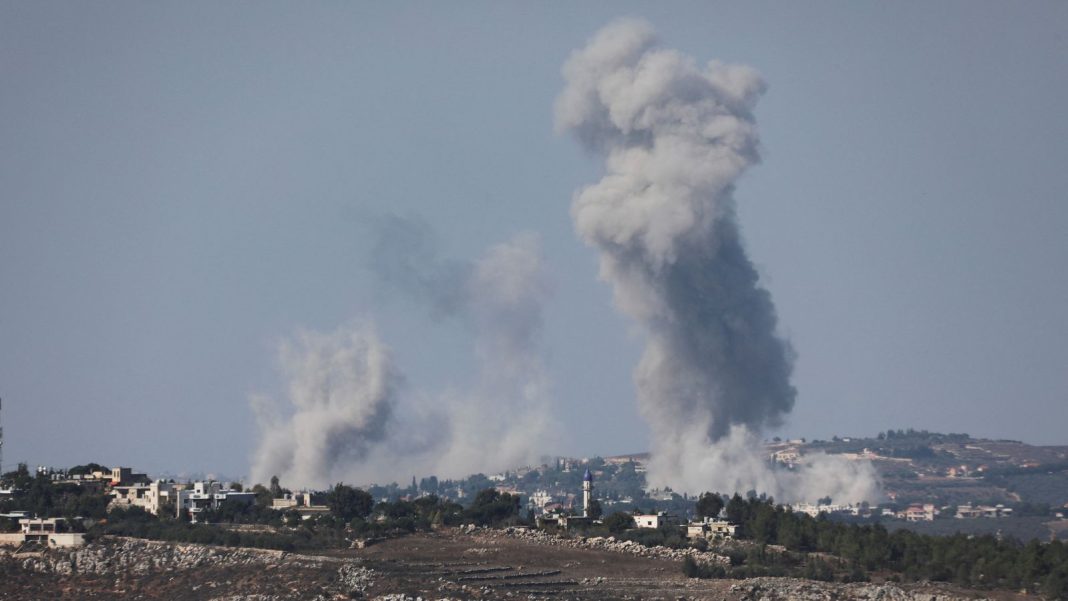Bob Woodward’s Latest Book "War" Offers Insight into Biden’s Presidency Amid Global Conflicts
In a political landscape that seems to shift daily, Bob Woodward’s latest book, "War," arrives as a timely exploration of President Joe Biden’s administration and its handling of significant global crises. Released three years after his last work, "Peril," Woodward’s new tome marks a departure from the trilogy that chronicled Donald Trump’s tumultuous presidency. Instead, "War" delves into Biden’s term, focusing on the wars in Ukraine and Gaza, and offers a more coherent narrative than its predecessors.
At 81 years old, Woodward is no stranger to the intricacies of Washington politics. His previous works, including "Rage" and "Fear," painted vivid portraits of the Trump era, but "War" takes a different approach. The book is structured episodically, with short chapters that weave together a narrative of Biden’s leadership style and decision-making processes. Woodward’s trademark anonymous sourcing and fly-on-the-wall dialogue remain, but this time, the stories feel more interconnected, reflecting the underlying tensions of international conflicts.
One of the standout features of "War" is Woodward’s assessment of Biden’s leadership. He describes the president and his team as engaging in "genuine good faith efforts" to navigate the complexities of global politics. Woodward boldly asserts that Biden’s administration will be remembered as an example of "steady and purposeful leadership," a significant statement from an author known for his cautious analysis.
Throughout the book, Woodward highlights the challenges faced by Biden as he dealt with the ramifications of Trump’s presidency. He recounts a chilling moment when General Mark Milley expressed his fears about a potential Trump resurgence, labeling the former president as "the most dangerous person to this country." This urgency underscores the stakes of the upcoming election and the potential consequences of a Trump return to power.
Among the revelations in "War," one of the most eyebrow-raising is the claim that Trump secretly provided Russian President Vladimir Putin with COVID test kits during a time of national scarcity. This revelation, coupled with Trump’s continued communication with Putin post-election, raises serious questions about the former president’s actions and intentions.
Woodward also sheds light on the intelligence gathered before Russia’s invasion of Ukraine, revealing that U.S. officials had detailed insights into Putin’s plans. This intelligence, however, was overshadowed by concerns about Biden’s handling of the Afghanistan withdrawal, which some believe emboldened Putin’s aggression. Woodward’s narrative suggests that the Biden administration was acutely aware of the delicate balance between military intervention and diplomatic efforts.
The book’s exploration of the Middle East conflict is equally compelling. Woodward captures Biden’s frustrations with Israeli Prime Minister Benjamin Netanyahu and the complexities of U.S. relations in the region. The candid conversations between Biden and his aides reveal the president’s exasperation with the challenges of balancing support for Israel while advocating for Palestinian rights.
As "War" unfolds, it becomes clear that Woodward aims to provide not just a retrospective of Biden’s presidency but also a cautionary tale about the future. The book concludes with an acknowledgment of the messy realities of global politics, leaving readers to ponder the implications of the upcoming election and the potential for further turmoil.
In summary, Bob Woodward’s "War" offers a nuanced and engaging look at the Biden administration’s response to pressing global issues. With its blend of insider accounts and critical analysis, the book serves as both a historical record and a warning about the challenges that lie ahead. As the political landscape continues to evolve, Woodward’s insights remind us of the stakes involved in leadership during turbulent times.



